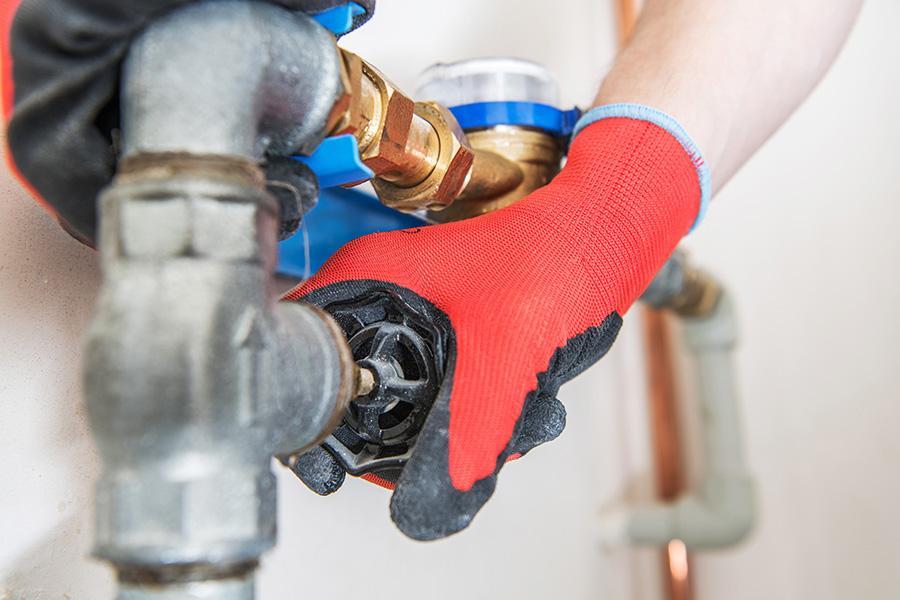In the dynamic landscape of commercial construction and infrastructure maintenance, the role of commercial plumbing contractors has continuously evolved to meet the demands of modern times. As technology advances and environmental concerns grow, commercial plumbing contractors must adapt their practices to ensure efficiency, sustainability, and safety in commercial plumbing systems.
Embracing Technological Advancements
Smart Plumbing Systems
In recent years, smart technology has revolutionized various industries, including plumbing. Commercial plumbing contractors now incorporate smart devices and sensors into plumbing systems to monitor water usage, detect leaks, and optimize efficiency. These innovations not only help reduce water waste but also enable proactive maintenance, preventing costly repairs and minimizing downtime.
Advanced Materials and Techniques
Advancements in materials and construction techniques have also transformed the field of commercial plumbing. From corrosion-resistant piping materials to trenchless repair methods, commercial plumbing contractors leverage cutting-edge technologies to enhance the durability and longevity of plumbing systems while minimizing disruption to commercial operations.
Addressing Environmental Concerns
Water Conservation
With increasing awareness of environmental issues such as water scarcity and pollution, there is growing pressure on commercial establishments to adopt sustainable practices. Commercial plumbing contractors play a vital role in this effort by implementing water-saving fixtures, retrofitting existing plumbing systems for improved efficiency, and educating clients on conservation strategies.
Green Building Standards
As green building standards become more prevalent, commercial plumbing contractors are tasked with designing and installing plumbing systems that meet stringent environmental criteria. This includes incorporating features such as rainwater harvesting systems, graywater recycling, and low-flow fixtures to minimize the environmental impact of commercial buildings.
Meeting Regulatory Requirements
Compliance with Codes and Regulations
Commercial plumbing contractors must navigate a complex web of building codes, regulations, and industry standards to ensure that plumbing installations meet legal requirements and safety guidelines. By staying abreast of changes in regulations and maintaining licensure and certification, commercial plumbing contractors ensure that their work is of the highest quality and compliance.
Health and Safety Protocols
In light of public health concerns such as waterborne illnesses and contamination, commercial plumbing contractors prioritize adherence to strict health and safety protocols. This includes proper sanitation practices, adherence to plumbing codes related to water quality, and regular maintenance to prevent the growth of harmful bacteria and pathogens in plumbing systems.
Conclusion
The role of commercial plumbing contractors has evolved significantly in response to technological advancements, environmental concerns, and regulatory requirements. By embracing smart technology, addressing environmental challenges, and ensuring compliance with codes and regulations, commercial plumbing contractors continue to play a vital role in the construction and maintenance of commercial plumbing systems. As the industry continues to evolve, these professionals will remain at the forefront of innovation, providing essential services to support the infrastructure needs of commercial establishments.

